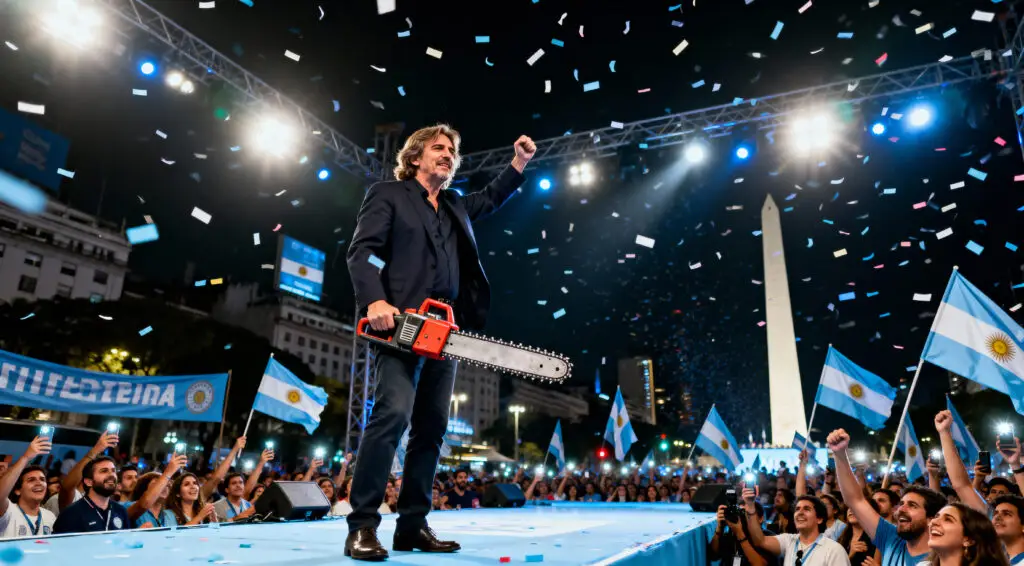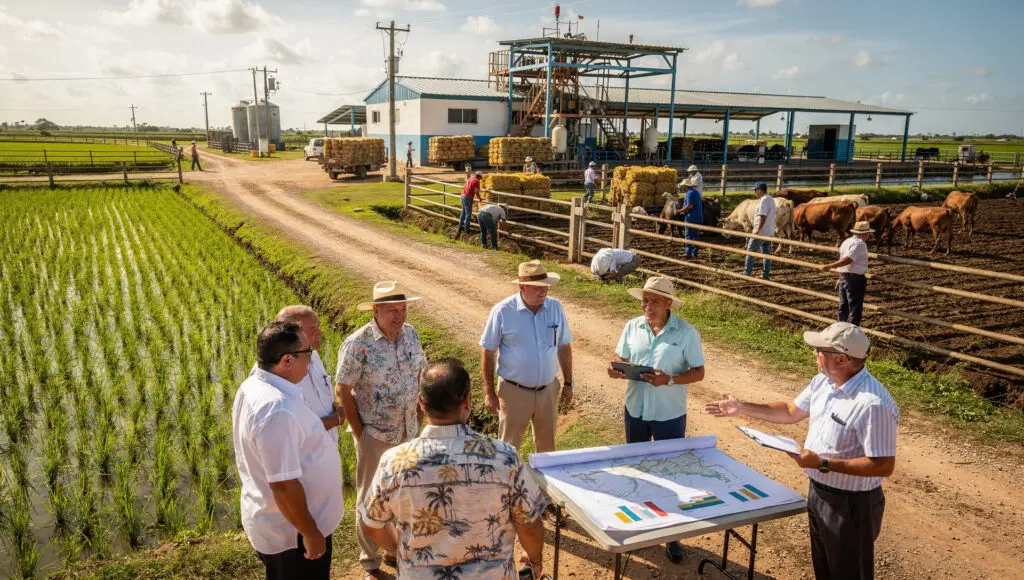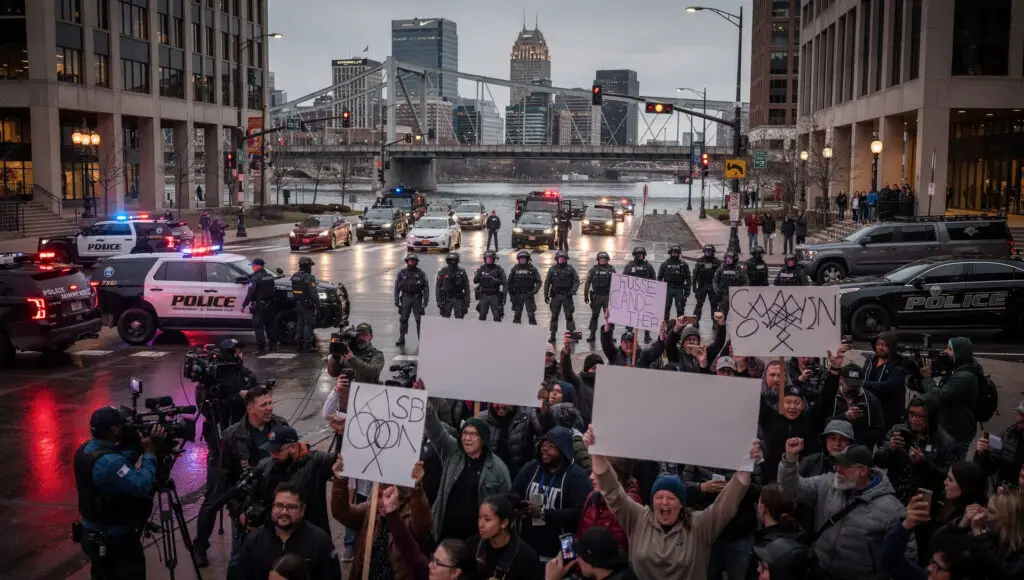Historic Trial Sparks Political Shockwaves
The prosecution of Riek Machar, South Sudan’s suspended first vice president and opposition leader, has prompted widespread alarm among people, diplomats, and analysts who say it might rekindle the country’s long-standing ethnic and political tensions.
Machar, 73, is being charged with treason, terrorism, and crimes against humanity in connection with an attack in March that is said to have killed more than 250 troops. The events, which took place at Juba’s Freedom Hall, have become a national spectacle and a potential flashpoint for a country that is still rebuilding from civil conflict.

Source: BBC
Accusations and Political Motivations
Machar and 20 other people from his SPLM/A-IO group who are also defendants say they are not guilty and that the allegations are “politically motivated.” His supporters say that the government is using the courts to get rid of political opponents, and they see the trial as a planned maneuver by President Salva Kiir to get rid of his main competitor.
They have noticed that all 21 defendants are from the Nuer ethnic group, whereas Kiir’s government is mostly made up of Dinka. This makes them even more worried that the case might lead to more ethnic division and violence.
Deepening Divisions Among Citizens
People still have different opinions. Some people in South Sudan consider the trial a test of the rule of law, while others see it as state-sponsored persecution.
Lincoln Simon, an observer from civic society, observed, “This is a political trial.” “The government is blaming Machar to hide its own mistakes.” Others, like James Majok from Aweil, support the trial and say that “anyone accused should face justice.”
Even if people have very different opinions on the case, it has made them less trusting of people from different ethnic and political backgrounds. There are also fears that a poorly handled verdict might make the fragile unity government less stable.
Recommended Article: Japan PM Sanae Takaichi Heads to Malaysia for ASEAN Summits
Echoes of a Violent Past
The trial brings up bitter memories of South Sudan’s civil conflict from 2013 to 2018, which killed almost 400,000 people. In that battle, Kiir’s Dinka-led troops fought against Machar’s Nuer warriors. There were many ethnic killings and people were forced to leave their homes.
The 2018 peace accord officially halted the fighting, but many of its terms have not yet been put into action. Analysts think that Machar’s prosecution hurts the fragile equilibrium that has kept the government together since then.
A Peace Deal on the Edge
Legal experts say that pursuing Machar goes against important parts of the 2018 Revitalized Peace Agreement, which was meant to make sure everyone has a say in government. “Charging Machar while he is still in office as required by the constitution goes against the agreement’s core balance,” said Remember Miamingi, a legal professor from South Sudan.
The International Crisis Group warned that the trial might “shatter South Sudan’s fragile cohesion” and lead to further conflict. Fighting has already gotten worse in at least 5 of the country’s 10 states, forcing more than 300,000 citizens to leave their homes in 2025 alone.
Ethnic Tensions and Renewed Alliances
Supporters of Machar consider him as a symbol of resistance against what they term Dinka supremacy, and his detention has made him more politically legitimate. Recently, opposition groups who support Machar have formed new coalitions, such as one with the National Salvation Front, a rebel organization that didn’t like the 2018 peace accord.
These collaborations have made it harder to see where the previous battle lines were, which has made many worried that the country may become a complicated, multi-front war like the one that happened before independence.
Government’s Message Versus Public Skepticism
The administration has characterized the trial as a significant move for accountability, stating that “no one is above the law.” Joseph Geng Akech, the Minister of Justice, said it “sends a clear message” to people who do terrible things.
Many South Sudanese, on the other hand, disagree with this story, saying it is hypocritical because the government has a history of corruption and human rights violations. The African Union’s hybrid court, which was promised in the peace treaty, has never been set up, and billions of dollars in public money are still missing.
Political Power Struggles Behind the Scenes
Experts claim that the trial is not only about justice; it is also about the politics of succession. President Kiir, who is 74 years old, is said to be preparing Benjamin Bol Mel, a close Dinka supporter, for more authority. This might make other groups in the ruling SPLM party even more angry.
If Machar is found guilty, he won’t be allowed to run for office, which would leave the 2026 elections without any real opposition. This kind of change might make Dinka control of the government stronger, but it could also break apart the SPLM and start a new big war.
A Nation at a Crossroads
For a lot of people in South Sudan, Riek Machar’s trial is more than just a legal fight; it’s a test of the country’s existence. The administration will have to handle the process in the next few months to see if it leads to justice or anarchy.
“The stakes are existentially high,” cautioned expert Daniel Akech. “A single mistake could end the peace and send South Sudan back into war.” If negotiation fails and political persecution goes on, the trial might not only ruin the vice president’s career but also South Sudan’s fragile goal of unity and independence.























